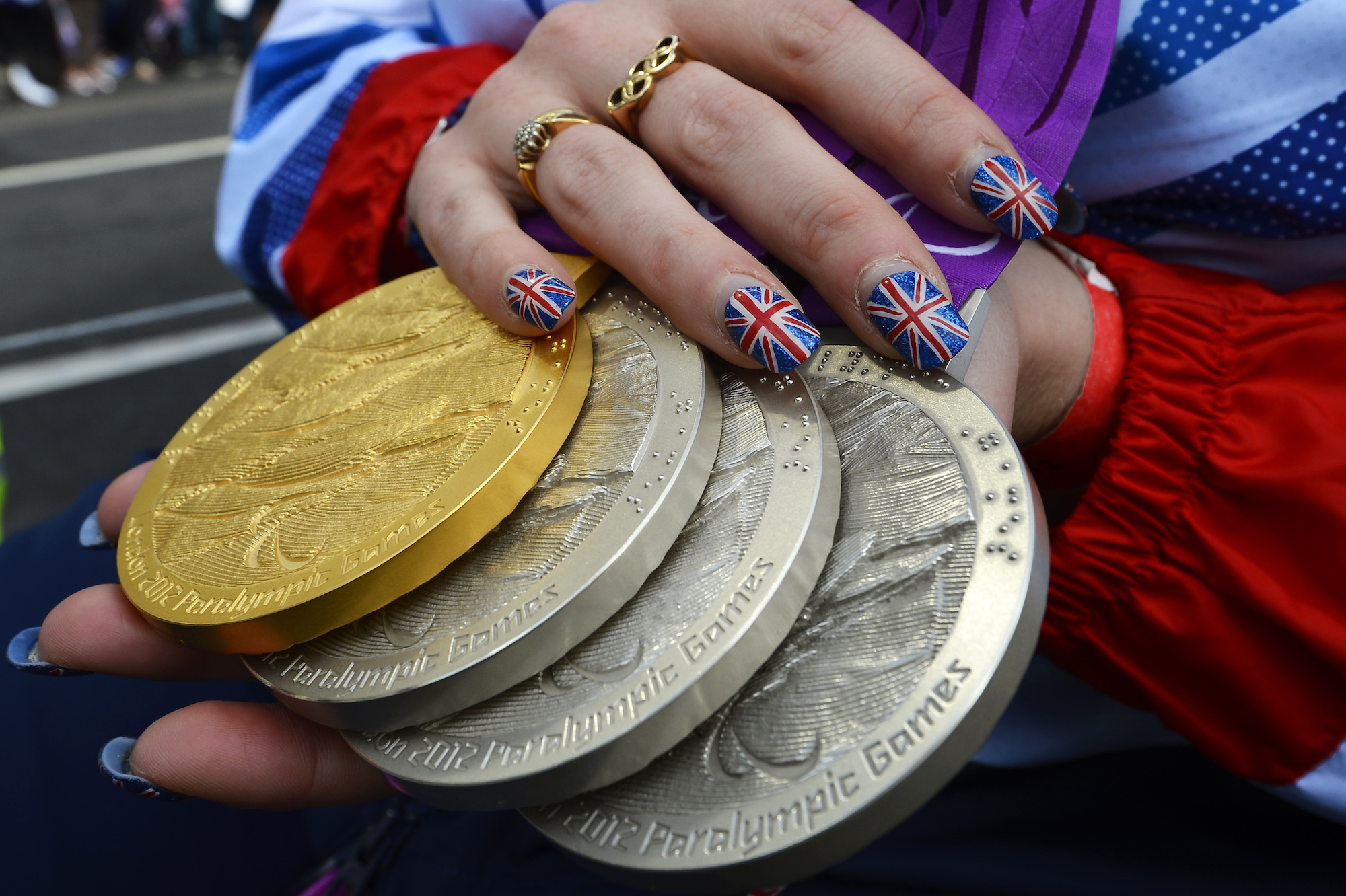TUEs don’t help you win an Olympic medal, according to anti-doping study
The World Anti-Doping Agency has looked at the five summer and winter Olympics between 2010 and 2018


The latest race content, interviews, features, reviews and expert buying guides, direct to your inbox!
You are now subscribed
Your newsletter sign-up was successful
Using a banned substance through TUEs will not make you more likely to win an Olympic medal, according to a new anti-doping study.
The World Anti-Doping Agency (WADA) has investigated the connection between Therapeutic Use Exemptions and Olympic success and found “no meaningful association.”
By exploring results from the last five Summer and Winter Olympics, between 2010 and 2019, WADA looked to see if those with TUEs won more medals than those without.
TUEs, the process which allows athletes to use prohibited medication to treat a legitimate medical condition, have been major talking point in recent years after Sir Bradley Wiggins and Team Sky were accused of “crossing an ethical line” for their use of the system between 2011 and 2013.
WADA medical director Dr Alan Vernec, who carried out the study, said: ““The percentage of athletes with TUEs competing in elite sport and the association with winning medals has been a matter of speculation in the absence of validated competitor data. The Olympic Games provides a unique opportunity to analyse sport at the highest level with a clearly defined group of competing athletes.
“The data showed that the number of athletes competing with valid TUEs (in individual competitions) at the selected Games was less than one per cent. Furthermore, the analysis suggests that there is no meaningful association between competing with a TUE and the likelihood of winning a medal.”
TUEs are granted by anti-doping agencies to athletes with a medical condition that requires treatment with a banned substance, and WADA says exemptions are only granted after a “robust review process.”
The latest race content, interviews, features, reviews and expert buying guides, direct to your inbox!
Athletes have the right to keep their use of TUEs private as it relates to their own personal health.
Chris Froome is among the athletes who has been given a TUE in his career, in 2013 and 2014 for treatment for his exacerbated asthma.
Both Froome and Wiggins were among five British athletes whose WADA medical records were leaked by computer hackers in 2016.
Froome said he had “no issues” with the leaks as he had already spoken publicly about his use of TUEs.
But the leak also revealed that Wiggins received a TUE for three injections of the powerful corticosteroid, triamcinolone to treat hay-fever before a number of key races, including the 2012 Tour de France which he won.
Wiggins then went on to win gold in the London 2012 Olympic time trial straight after the Tour.
After a two-year investigation into anti-doping practices, the MPs from the Digital, Culture, Media and Sport Committee said that Team Sky had crossed an “ethical line” by administering the steroid, with many arguing since that the TUE system should be banned.
WADA found that 20,139 athletes competed in the Summer and Winter Olympic Games between 2010 and 2018, with 2,062 medals awarded.
>>> Doubts around Tour de France for Colombian pros as country extends flying ban
Athletes using a TUE competed in 0.9 per cent (181 out of 20,139) of competitions, while just 21 of the 2,000 medals awarded went to athletes with a TUE.
Dr Vernec said: “The TUE Program is a necessary part of sport allowing athletes with legitimate medical conditions to compete on a level playing field. It has overwhelming acceptance from athletes, physicians and anti-doping stakeholders, and there is a stringent process in place to avoid abuse of the system. The results of this study provide objective data to dispel some of the misunderstandings and misgivings surrounding TUEs.”
Alex Ballinger is editor of BikeBiz magazine, the leading publication for the UK cycle industry, and is the former digital news editor for CyclingWeekly.com. After gaining experience in local newsrooms, national newspapers and in digital journalism, Alex found his calling in cycling, first as a reporter, then as news editor responsible for Cycling Weekly's online news output, and now as the editor of BikeBiz. Since pro cycling first captured his heart during the 2010 Tour de France (specifically the Contador-Schleck battle) Alex covered three Tours de France, multiple editions of the Tour of Britain, and the World Championships, while both writing and video presenting for Cycling Weekly. He also specialises in fitness writing, often throwing himself into the deep end to help readers improve their own power numbers. Away from the desk, Alex can be found racing time trials, riding BMX and mountain bikes, or exploring off-road on his gravel bike. He’s also an avid gamer, and can usually be found buried in an eclectic selection of books.
